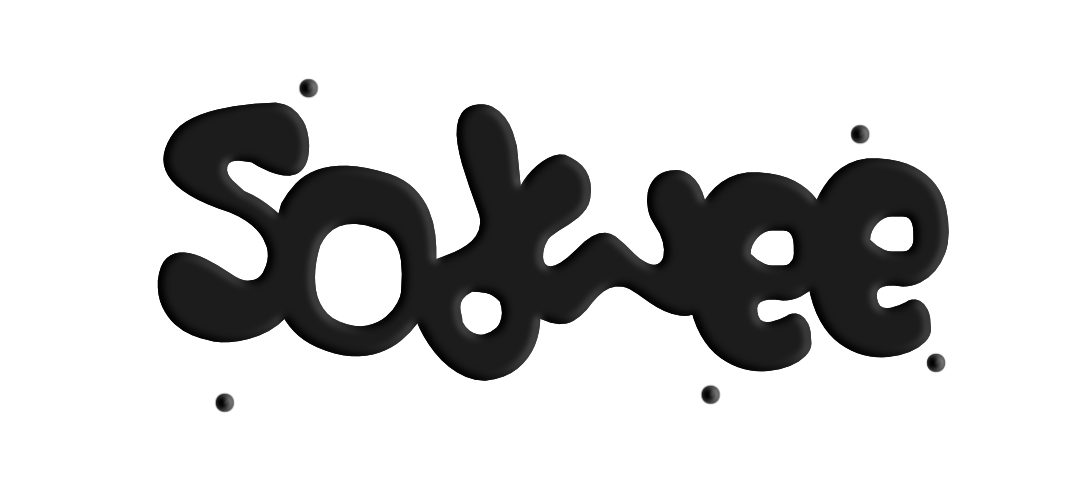For Sam Frankl, value is measured in words. The Brixton singer-songwriter is also a published poet, an editor at le cool London and regularly appears in journals in the United States and the United Kingdom. Since he was fourteen. Sam Frankl has also heavily invested his time into making music.
Spending a good amount of time on the road, forging his thirst for adventure and latin beats and rhythms as he travelled extensively to South America. He released “Gold Rush” which was recorded by producer Rob Brinkman who’s work graced music by Barns Courtney, Mumford and Sons. “Gold Rush” will satisfy the fans of an hybrid between Father John Misty and Glass Animals.
Befitting the current housing crisis the UK is going through with the #Grenfell tower inferno disaster, Sam drew on a local case study as inspiration — Heygate Estate in Elephant & Castle — which is a five minute walk from his flat:
The Heygate Estate was in the process of being demolished. It was once the largest housing estate in western Europe but had fallen into disrepair due to systematic defunding, Eventually only a handful of tenants remained where once 3000 family units had lived. Those tenants refused to leave.
Read the full interview conducted by Jon below, and don’t forget to follow Sam Frankl on his social networks…
[separator type=”thick”]Interview by Jon. Introduction by Sodwee.
[separator type=”thick”]A true poet-musician isn’t especially common these days – especially considering your impressive literary achievements. How did you get your start in both poetry and music, and how did one lead to the other, if at all?
I’ve written poetry for as long as I can remember. I recently found a poem I wrote when I was seven about an overweight Polar Bear, which I’m fairly certain I plagiarised half of. Music came a bit later. I started writing songs in earnest around the age of fourteen when I formed my first band. I needed an excuse to wear a leather jacket and be sullen. Quite inauspicious origins really.
Lyrics serve a higher purpose; the song.
What do you think is the biggest difference between poetry and music, in terms of expression? Is either more effective than the other in your opinion, or do you feel they just serve different roles?
If we leave aside spoken word and metered verse, poetry in a more imagist tradition is strikingly different to music. Lyrics serve a higher purpose; the song. They have to conform to melodic structures and moments of inspired intonation. That’s an enormous restriction on your freedom to use language, whereas poetry should be the distillation and reduction of language to its truest form, with no limitations. Because of that, they have to serve different roles. The kind of poetry I’m talking about has a limited oral tradition; it lives on the page. Historically that creates a barrier of entry that most people couldn’t cross. The introduction of melody through verse, hymns and folk music creates the basis for an egalitarian oral tradition; songs live on the tongue.
You’ve spent a lot of your life on the road, and even lived on a hundred year old German sailing barge at one point. How much of your art tends to be driven by stories of your adventurous past, and do you have a favorite one that you’ve told thus far?
It’s hard to separate anything I do from that aspect of my life. Most importantly it allowed me to develop an ability to feel at home in uncommon places. That means that you can relax and observe; from that you start to connect to the stories that are unfolding around you. My next single was inspired by a story that’s very close to my heart. It’s titled That Way You Wave. A friend I’d made while travelling across the States ended up in prison in Pensacola. Just before I returned to Chicago his girlfriend and I parked in the Chick-fil-A behind the prison block. She turned the headlights up and shone them into the cells. The entire block came to their windows but we identified his silhouette. They stood there waving to one another for over an hour.
[separator type=”thick”]





This new track, “Gold Rush”, is both an instance of storytelling ,and perhaps a tad bit of journalism. What can you tell us about the real life situation of Heygate Estate that inspired the track, as well as the story you’ve adapted it into here?
That’s right, it was inspired by the last remaining tenants of Heygate Estate. A handful of tenants remained in defiance long after they’d been evicted. I was lucky enough to meet some of them while writing several articles on the subject in 2013. They showed me around the derelict blocks and told me some of the stories they wanted to share. They’d built a beautiful communal garden amongst the deserted low rises. It was all a testament to the concept of place and belonging. Those blocks were sadly razed and replaced by high rent yielding properties. This disregard for low-income tenants is endemic. This week we saw how tragic the consequences of that disregard can be. If anything good can come of what happened at Grenfell it’d be a wholesale revaluation of council tenants rights to both safety and security.
In general, what does it take for others’ situations to spark your creativity as it has in this case?
Honestly anger tends to be the catalyst. I felt indignant for the tenants of Heygate. I think it’s a powerful thing to try to articulate someone else’s suffering.
With a background so heavily rooted in written and spoken word, what do you look for in your production and instrumentation to be able to support the lyrics you’ve crafted for it? Furthermore, do you typically approach an instrumental with a poem you’ve already written, and adapt it into lyrics, or do you find yourself writing based on what a given piece of music makes you feel?
I write my songs on Spanish guitar or piano and, though I often pick through poems for particular turns of phrase, the lyrics are rarely prewritten. I prefer to settle on a melodic structure before writing lyrics, which is slightly restrictive as I said above. I actually relish those restrictions; it becomes almost like a Rubik’s cube. My producer, Rob Brinkman and I have been honing a particular sound for several months. There’s a huge Latin influence but we try to be an incongruous as possible. For instance, I am a terrible drummer but I programmed the drum part for Gold Rush based on a bossa nova rhythm. We then recorded an excellent drummer playing the beat, which I’d programmed. He said it was unlike anything he’d ever played precisely because I didn’t know what I was doing.
Finally, what can you tell our readers about what they can expect from you in the near future – and where’s the best place for them to catch you online or performing live?
The near future is very exciting. They’ll be a video for Gold Rush (which shoots on Sunday!). They’ll be a vinyl mix coming very soon as an accompaniment to the single. And of course, the next single, That Way You Wave, will be out in September. We’ll be announcing the next gig very soon via social media so please to check in and follow if you’d like to come down!
[separator type=”thick”]


Follow Sam Frankl on : Instagram | Facebook | Twitter | Soundcloud












